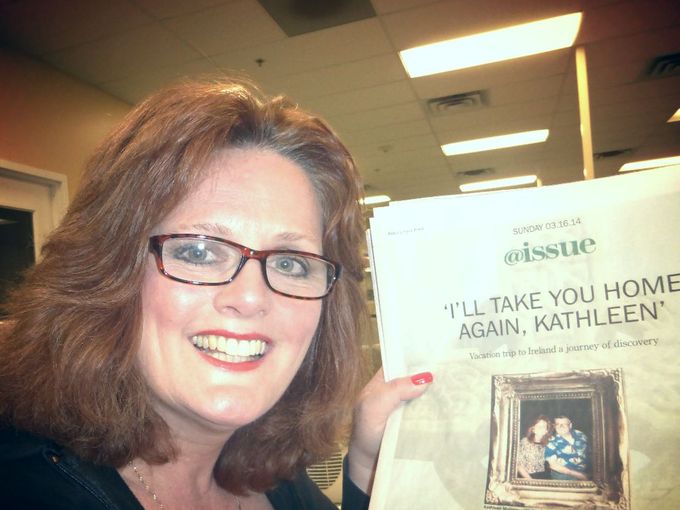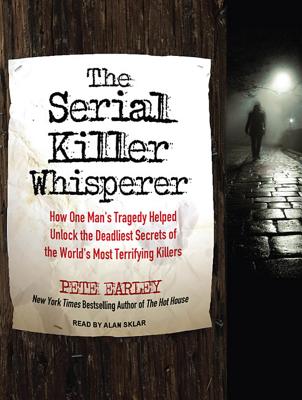
August 4th, 2014
A blog that I published recently entitled How Bipolar Disorder Destroyed Joe’s Life attracted more than 20,000 readers, making it one of my most popular. That’s a testament to the power of stories told from the heart. It’s author, Kathy Maloney, was profiled in a subsequent story.
The Story Behind the Story
By Shannon Mullen, Reporter Asubry Park Press, July 7, 2014
They say redheads shouldn’t wear pink, but Kathy Maloney has never been the type to let the theys of this world tell her what she can and cannot do. That explains why, late one Saturday afternoon in 1980, an 18-year-old Maloney ducked into the Simco shoe store in downtown West New York, determined to buy the hot pink boots that had caught her eye earlier in the day.
Her timing was terrible. She heard the door lock behind her, felt a gun at her back, and quickly deduced she’d just stumbled into an armed robbery.
Two well-dressed men led her to a back room and forced her to sit on the floor with a handful of other terrified customers and employees. Eventually, the robbers fled with a haul of cash and valuables.





